Discover The Thomistic Institute
The Thomistic Institute

The Thomistic Institute
Author: The Thomistic Institute
Subscribed: 1,146Played: 149,685Subscribe
Share
© All rights reserved 183125
Description
The Thomistic Institute exists to promote Catholic truth in our contemporary world by strengthening the intellectual formation of Christians at universities, in the Church, and in the wider public square. The thought of St. Thomas Aquinas, the Universal Doctor of the Church, is our touchstone.
The Thomistic Institute Podcast features the lectures and talks from our conferences, campus chapters events, intellectual retreats, livestream events, and much more.
Founded in 2009, the Thomistic Institute is part of the Pontifical Faculty of the Immaculate Conception at the Dominican House of Studies in Washington, DC.
The Thomistic Institute Podcast features the lectures and talks from our conferences, campus chapters events, intellectual retreats, livestream events, and much more.
Founded in 2009, the Thomistic Institute is part of the Pontifical Faculty of the Immaculate Conception at the Dominican House of Studies in Washington, DC.
1766 Episodes
Reverse
Prof. John Cuddeback presents Thomistic wisdom for the pilgrimage to God emphasizing the importance of cleaving to the final end—God—as the ultimate rule and measure of all actions, fostering order and peace in the spiritual journey.This lecture was given on June 28th, 2025, at Dominican House of Studies.Will you hand on the Faith to those who need it the most? Give by October 31st to film the next season of Aquinas 101! https://aquinas101.thomisticinstitute.org/oct25podcastFor more information on upcoming events, visit us at thomisticinstitute.org/upcoming-events.About the Speakers: John A. Cuddeback, PhD, is professor of Philosophy at Christendom College, where he has taught for thirty years. He lectures widely on topics including friendship, fatherhood, virtue, homesteading, and household. His professional writings appear in various academic journals and books, and his book True Friendship was republished by Ignatius Press. His podcasts, blogging, and courses at LifeCraft are renowned for applying a timeless wisdom to life today.Keywords: Blessed Columba Marmion, Divine Order, Final End, Holiness, Human Fulfillment, Rule Of Life, St. Catherine Of Siena, St. Thomas Aquinas, Spiritual and Material Goods, Wisdom
Prof. Paige Hochschild explores Thomistic wisdom for the pilgrimage to God, focusing on the virtues required for spiritual journey, the meanings of patience, hope, and memory, and the role of Dante’s Divine Comedy in illuminating the challenges and fulfillment of the pilgrim’s quest.This lecture was given on June 28th, 2025, at Dominican House of Studies.For more information on upcoming events, visit us at thomisticinstitute.org/upcoming-events.About the Speakers:Dr. Paige Hochschild is a professor of historical and systematic theology at Mount St. Mary's University (MD), specializing in Augustine, Thomas Aquinas and the early Church. She also teaches philosophy courses at the Seminary at Mount St. Mary's. She has written a book on the place of memory in Augustine's theological anthropology, and publishes on the Church, education, tradition, and 20th Century theological debates within the Church (scripture, history, marriage). Keywords: Contrition, Dante Alighieri, Divine Fulfillment, Fear and Faith, Fortitude, Homo Viator, Memory, Patience and Hope, Pope St. Gregory the Great, The Divine Comedy
Prof. Raymond Hain examines whether beauty must be natural, exploring Thomistic metaphysics, twentieth-century debates between Maritain and Gilson, and contemporary examples from architecture and literature to probe the relationship between nature, artifice, and the beautiful.This lecture was given on May 31st, 2025, at Mount Saint Mary College.Will you hand on the Faith to those who need it the most? Give by October 31st to film the next season of Aquinas 101! https://aquinas101.thomisticinstitute.org/oct25podcastFor more information on upcoming events, visit us at thomisticinstitute.org/upcoming-events.About the Speakers:Raymond Hain is Associate Professor of Philosophy and Associate Director of the Humanities Program at Providence College in Providence, RI. Educated at Christendom College, the University of Notre Dame, and the University of Oxford, he is the founder of the PC Humanities Forum and Humanities Reading Seminars and is responsible for the strategic development of the Humanities Program into a vibrant, world class center of teaching, research, and cultural life dedicated to the Catholic Intellectual Tradition. His scholarly interests include the history of ethics (especially St. Thomas Aquinas), applied ethics (especially medical ethics and the ethics of architecture), Alexis de Tocqueville, and philosophy and literature (especially Catholic aesthetics). His work has been supported by the National Endowment for the Humanities, the Templeton Foundation, the Gladys Krieble Delmas Foundation, and the Charles Koch Foundation. His essays have appeared in various journals and collections including The Thomist, International Journal of Applied Philosophy, and The Anthem Companion to Tocqueville. He is the editor of Beyond the Self: Virtue Ethics and the Problem of Culture and is currently working on a monograph titled The Lover and the Prophet: An Essay in Catholic Aesthetics. He joined Providence College in 2011 and lives just across the street with his wife Dominique and their five children.Keywords: Aesthetics, Art and Imitation, Christopher Alexander, Clarity And Proportion, Creative Intuition, Etienne Gilson, Integration and Wholeness, Jacques Maritain, Smith of Wootton Major, Thomistic Metaphysics
Prof. Joshua Hochschild examines whether societies are natural by tracing the Aristotelian and Thomistic understanding of social forms, arguing that certain social bodies like families and states have intrinsic natures and purposes that fulfill the social aspect of human flourishing.This lecture was given on May 31st, 2025, at Mount Saint Mary College.For more information on upcoming events, visit us at thomisticinstitute.org/upcoming-events.About the Speakers:Joshua Hochschild is Professor of Philosophy at Mount St. Mary’s University, where he also served six years as the inaugural Dean of the College of Liberal Arts. His primary research is in medieval logic, metaphysics, and ethics, with broad interest in liberal education and the continuing relevance of the Catholic intellectual tradition. He is the author of The Semantics of Analogy: Rereading Cajetan’s De Nominum Analogia (2010), translator of Claude Panaccio’s Mental Language: From Plato to William of Ockham (2017), and co-author of A Mind at Peace: Reclaiming an Ordered Soul in the Age of Distraction (2017). His writing has appeared in First Things, Commonweal, Modern Age and the Wall Street Journal. For 2020-21 he served as President of the American Catholic Philosophical Association.Keywords: Alasdair MacIntyre, Aristotelianism, Catholic Social Teaching, Civil Society, Common Good, Community, Corporate Personality, Moral Agency, Politics, Subsidiarity
Fr. John Sica explores whether virtues are natural by examining Aristotle and Aquinas, ultimately concluding that the virtues are not innate qualities, but are rather habituated character states that perfect human nature.This lecture was given on May 31st, 2025, at Mount Saint Mary College.Will you hand on the Faith to those who need it the most? Give by October 31st to film the next season of Aquinas 101! https://aquinas101.thomisticinstitute.org/oct25podcastFor more information on upcoming events, visit us at thomisticinstitute.org/upcoming-events.About the Speakers:Fr. John Sica, O.P. is an Assistant Professor of Philosophy at Providence College. KeywoAristotelianism, Ethics, Gerard Manley Hopkins, Habits And Dispositions, Human Flourishing, Metaphysics, Morality, Nicomachean Ethics, Rational Powers, Virtue Theory
Prof. Catherine Peters addresses the philosophical question of deriving moral 'ought' from descriptive 'is', arguing from a Thomistic natural law perspective that the essence of human nature grounds objective moral norms, bridging fact and value through teleology and reason.This lecture was given on May 30th, 2025, at Mount Saint Mary College.Will you hand on the Faith to those who need it the most? Give by October 31st to film the next season of Aquinas 101! https://aquinas101.thomisticinstitute.org/oct25podcastFor more information on upcoming events, visit us at thomisticinstitute.org/upcoming-events.About the Speakers:Catherine Peters is an associate professor of medieval philosophy at Loyola Marymount University in Los Angeles, California. Her work centers on issues of philosophical anthropology, metaphysics, and natural theology. She is passionate about translating medieval thought into modern terms and applying its insights to perennial questions such as “Who am I?” “What should I do?” and “Is there a God?” A frequent presenter in both the United States and Europe, her scholarship has been published in numerous volumes and journals, including The Thomist, New Blackfriars, National Catholic Bioethics Quarterly, The Journal of Islamic Philosophy, European Journal for the Study of Thomas Aquinas, Lex Naturalis, and Jesuit Higher Education. When not in the classroom, she can often be found in local coffee shops, at the dog park, or in a HIIT class. Keywords: Anthropology, Eternal Law, Humean Empiricism, Law and Morality, Natural Law, Naturalistic Fallacy, Practical Reason, Rational Animal, Teleology, Treatise of Human Nature
Prof. Christopher Frey examines the distinctions and interactions between natural and artificial entities, showing how art can complete, imitate, or even subvert nature within Aristotelian and Thomistic frameworks.This lecture was given on May 30th, 2025, at Mount Saint Mary College.For more information on upcoming events, visit us at thomisticinstitute.org/upcoming-events.About the Speakers: Christopher Frey is currently the McFarlin Professor of Philosophy at The University of Tulsa. Prof. Frey works primarily in Ancient Greek philosophy, especially Aristotle’s natural philosophy and metaphysics. He also works in contemporary philosophy of perception and mind and has written extensively on the relationship between the intentionality and phenomenality of perceptual experience.Keywords: Agriculture, Anthropocentrism, Aristotelianism, City-Building, Completion of Nature, External Principle, Homonymy, Natural Substance, Republic, Techne
Prof. John Brungardt explores the concept of laws of nature as partial transcriptions of the natures of physical substances, emphasizing the interplay between philosophical tradition, scientific discovery, and metaphysical causality.This lecture was given on May 30th, 2025, at Mount Saint Mary College.Will you hand on the Faith to those who need it the most? Give by October 31st to film the next season of Aquinas 101! https://aquinas101.thomisticinstitute.org/oct25podcastFor more information on upcoming events, visit us at thomisticinstitute.org/upcoming-events.About the Speakers: John G. Brungardt is an associate professor of philosophy at the School of Catholic Studies at Newman University.As a philosopher, Catholic layman, and Dominican tertiary, his studies, teaching, and scholarship aim at continuing the philosophical tradition of St. Thomas Aquinas, Aristotle, and their heirs. He attempts to bring their insights into meaningful dialogue with modern theories. His central interests lie in the philosophy of nature, the philosophy of science, as well as the philosophy of technology.Keywords: Aristotelianism, Causality, Course of Nature, Divine Providence, Experimental Science, Human Reason, Metaphysics, Scholasticism, Scientific Laws, The Consolation of Philosophy
Fr. Raymund Snyder explores Thomas Aquinas’s metaphysics of nature, form, and the scale of being, emphasizing the integration of Aristotelian and Neoplatonic traditions and the unique Christian vision of creation, essence, and intellect.This lecture was given on May 29th, 2025, at Mount Saint Mary College.For more information on upcoming events, visit us at thomisticinstitute.org/upcoming-events.About the Speakers: Fr. Raymund Snyder, O.P. is the Director of Campus Programs and Evangelization for the Thomistic Institute. He grew up in Wichita, Kansas and studied philosophy and classics at the University of Notre Dame. He entered the Order of Preachers in 2010 and was ordained a priest in 2016. He recently completed a licentiate in philosophy at the Catholic University of America. His academic interests include Metaphysics, Natural Theology, and Neoplatonism.Keywords: Aristotelianism, Christian Distinction, Creation, Divine Names, Essence and Esse, Metaphysics, Natural Law, Neoplatonism, On the Nature of Man, Scale of Being
Fr. Raymund Snyder explores the foundations of nature, natural philosophy, and metaphysics through a Thomistic lens, with special attention to Aristotelian principles, correlative pairs, and the interplay of form, substance, act, and potency in philosophical and theological discussion.This lecture was given on May 29th, 2025, at Mount Saint Mary College.For more information on upcoming events, visit us at thomisticinstitute.org/upcoming-events.About the Speakers: Fr. Raymund Snyder, OP is the Director of Campus Programs and Evangelization for the Thomistic Institute. He grew up in Wichita, Kansas and studied philosophy and classics at the University of Notre Dame. He entered the Order of Preachers in 2010 and was ordained a priest in 2016. He recently completed a licentiate in philosophy at the Catholic University of America. His academic interests include Metaphysics, Natural Theology, and Neoplatonism.Keywords: Act And Potency, Aristotelian Natural Philosophy, Aristotle, Beauty And Philosophy, Correlative Pairs, Endoxa, Essence And Being, Gerard Manley Hopkins, Metaphysics, Motion And Change
Prof. Meraiah Martinez explores the beauty and usefulness of mathematics, emphasizing the delight mathematicians find in elegant proofs, structured abstractions, and the interplay between pure and applied mathematics across various fields.This lecture was given on July 18th, 2025, at Dominican House of Studies.For more information on upcoming events, visit us at thomisticinstitute.org/upcoming-events.About the Speakers: Meraiah Martinez grew up moving between California and Colorado and graduated from BC in 2019. She received her M.S. (2021) and Ph.D. (2023) in mathematics from the University of Nebraska-Lincoln. Meraiah’s primary research area is coding theory, although she greatly enjoys combinatorics, cryptography, and graph theory, as well. In her free time, she enjoys reading and making a variety of things from yarn.Keywords: Algebra, Applied Mathematics, Coding Theory, Differential Equations, Euler’s Equation, Four Color Theorem, Pure Mathematics, Quadratic Formula, Susceptible Infectious Recovered Model, Topology
Prof. Jonathan Lunine explains how planetary science unifies the search for life beyond Earth by integrating astronomy, geology, chemistry, and atmospheric science to investigate habitable environments on Mars, Europa, Enceladus, Titan, and exoplanets.This lecture was given on July 18th, 2025, at Dominican House of Studies.For more information on upcoming events, visit us at thomisticinstitute.org/upcoming-events.About the Speakers: Jonathan Lunine is the Chief Scientist at NASA’s Jet Propulsion Laboratory and Professor of Planetary Science at Caltech in Pasadena, California. Beforehand, he was the David C. Duncan Professor in the Physical Sciences and Chair of the Department of Astronomy at Cornell University. Lunine is interested in how planets form and evolve, what processes maintain and establish habitability, and what kinds of exotic environments (methane lakes, etc.) might host a kind of chemistry sophisticated enough to be called "life". He pursues these interests through theoretical modeling and participation in spacecraft missions. He is co-investigator on the Juno mission now in orbit at Jupiter, using data from several instruments on the spacecraft, and on the MISE and gravity science teams for the Europa Clipper mission. He was on the Science Working Group for the James Webb Space Telescope, focusing on characterization of extrasolar planets and Kuiper Belt objects. Lunine has contributed to concept studies for a wide range of planetary and exoplanetary missions. Lunine is a member of the National Academy of Sciences and has participated in or chaired a number of advisory and strategic planning committees for the Academy and for NASA.Keywords: Astrobiology, Biosignatures, Enceladus, Europa, Exoplanets, Habitability, James Webb Space Telescope, Mars Exploration, Planetary Science, Titan
Prof. Nuno Castel-Branco examines Nicolaus Steno’s innovative use of focused interdisciplinarity during the Scientific Revolution, tracing Steno’s groundbreaking shift from anatomy to geology and theology by integrating mathematics, mechanical philosophy, and collaboration across European scientific circles.This lecture was given on July 17th, 2025, at Dominican House of Studies.For more information on upcoming events, visit us at thomisticinstitute.org/upcoming-events.About the Speakers: Prof. Nuno Castel-Branco is a historian of early modern culture and science. He is especially interested in the social and intellectual interactions between disciplines such as physics, medicine, and theology in early modern Europe and its global expansion. He is currently concluding a book about the emergence of the new sciences in seventeenth-century Europe through the fascinating career of Nicolaus Steno. He argues that Steno’s greatest innovation was introducing methods and ideas from various disciplines, especially mathematics, and chymistry, into anatomy. Undergirding this variety of approaches was Steno’s ability to forge friendships with scholars, princes, artisans, and women. I use Steno’s career to uncover novel interactions between science and religion. His second project aims to improve our historical knowledge of how mathematicians, anatomists, and patrons cooperated in the early 1600s. This project builds upon his previous research on early modern Italy and the Iberian oceanic expansion. He is also interested in science and religion, for which he currently co-organizing two workshops at the Max Planck in Berlin. Keywords: Anatomy, Epicureanism, Euclidean Geometry, Fossils, Galileo, Geology, Jesuit Mathematicians, Mathematics, Steno’s Laws of Stratigraphy, Theology
Fr. Philip-Neri Reese analyzes Aquinas’s method for dividing and relating the sciences, clarifying the distinction between speculative and practical sciences, the role of material and formal causes, and the concept of mixed or subalternated sciences.This lecture was given on July 17th, 2025, at Dominican House of Studies.For more information on upcoming events, visit us at thomisticinstitute.org/upcoming-events.About the Speakers: Fr. Philip-Neri Reese is a Dominican friar of the Province of St Joseph and a Professor of Philosophy at the Pontifical University of St.Thomas (Angelicum) in Rome. He is also the principal investigator for the Angelicum Thomistic Institute’s new Project on Philosophy and the Thomistic Tradition. He received his Licentiate in Philosophy from the Catholic University of America in 2015 and his Doctorate in Philosophy from the University of Notre Dame in 2022. From 2015-2017 he taught philosophy at Providence College in Providence, RI. His main area of research is metaphysics and anything adjacent to it, with a special emphasis on the metaphysical thought of St. Thomas Aquinas and its subsequent reception and interpretation. His publications, however, range widely, including articles on philosophical anthropology, ethics, and economics. He is also an enthusiast of classical Indian philosophy. Fr Philip-Neri is a member of the American Philosophical Association, the Society for Medieval and Renaissance Philosophy, the Aquinas and the Arabs International Working Group, the Society for Medieval and Renaissance Thomism, and is currently serving on the executive committee of the American Catholic Philosophical Association.Keywords: Aristotelianism, Causality, Formal and Material Division, Intellectual Virtues, Mathematics, Metaphysics, Mixed Sciences, Natural Philosophy, Practical Sciences, Summa Theologiae
Prof. Michael Gorman explores Aquinas’s foundational philosophy of the material world, detailing key concepts such as the four causes, hylomorphism, act and potency, matter and form, and the distinction between substantial and accidental change.This lecture was given on July 17th, 2025, at Dominican House of Studies.For more information on upcoming events, visit us at thomisticinstitute.org/upcoming-events.About the Speakers: Michael Gorman is Professor of Philosophy at The Catholic University of America in Washington, D.C. He has doctorates in philosophy and theology, and his work covers both areas, with a special emphasis on metaphysical themes. He is the author of over thirty-five scholarly articles, a book entitled Aquinas on the Metaphysics of the Hypostatic Union (Cambridge University Press, 2017), and a book that will appear in the spring of 2024 entitled A Contemporary Introduction to Thomistic Metaphysics (The Catholic University of America Press, 2024).Keywords: Act and Potency, Aristotle, Final Causality, Hylomorphism, Matter and Form, Metaphysics, Natural Philosophy, Prime Matter, Nicomachean Ethics, Substantial Change
Fr. Aquinas Guilbeau explores the nature, value, and varieties of friendship in Christian and philosophical tradition, highlighting the importance of cultivating friendships of pleasure, utility, and virtue for a fulfilling human and spiritual life.This lecture was given on November 5th, 2023, at Dominican House of Studies.For more information on upcoming events, visit us at thomisticinstitute.org/upcoming-events.About the Speakers: A native of Louisiana, Fr. Aquinas Guilbeau, O.P., entered the Dominican Province of St. Joseph in 2005. After several years of pastoral work in New York City, Fr. Guilbeau began doctoral studies in moral theology at the University of Fribourg, where he completed a dissertation on St. Thomas Aquinas’s doctrine of the common good. Currently, Fr. Guilbeau serves as the University Chaplain and Vice President for Ministry and Mission at The Catholic University of America.Keywords: Anaxagoras, Aristotle, Beatitude, Christian Friendship, Incarnation, Nicomachean Ethics, Saint Basil the Great, Saint Elred of Rivaux, Saint Gregory Nazianzen, Three Kinds of Friendship
Dr. John-Paul Heil investigates how virtuous courtship, compassionate secrecy, and sexual difference—as presented in Jane Austen’s novels—are essential for discerning authentic love and practicing self-giving in Catholic romance.This lecture was given on April 22nd, 2025, at United States Naval Academy.For more information on upcoming events, visit us at thomisticinstitute.org/upcoming-events.About the Speakers: John-Paul Heil is a Core Fellow in history, philosophy, Catholic anthropology, English, and theology at Mount St. Mary's University. He received his Ph.D. in history from the University of Chicago and is pursuing an MBA in marketing. He has received multiple awards from the U.S. and Italian Fulbright commissions. His writing has appeared in Time, Smithsonian, The Week, and Los Angeles Review of Books. He is the books editor at the University of Pennsylvania's Dappled Things.Keywords: Charity, Compassionate Secrecy, Culture, Feminine Genius, Henry Crawford, Masculine Genius, Mansfield Park, Romance, Sexual Difference, Pride and Prejudice
In this lecture, Fr. Irenaeus Dunlevy explains how wisdom—philosophical, theological, and mystical—transcends mere technical knowledge and, therefore, is able to orient man's action toward divine truth and human flourishing.This lecture was given on May 2nd, 2025, at Dominican House of Studies.For more information on upcoming events, visit us at thomisticinstitute.org/upcoming-events.About the Speakers: Fr. Irenaeus Dunlevy, OP is a Coordinator for Campus Outreach at the Thomistic Institute in Washington, DC. He has served as a parochial vicar at St. Pius V Church in Providence, RI, as well as an adjunct professor and assistant chaplain at Providence College. He originates from Columbus, OH, studied architecture in Virginia and Switzerland, and practiced in the DC area before entering the Order of Preachers in 2013. He was ordained a priest in 2020 at the Dominican House of Studies during the quarantine. In his work with the Thomistic Institute, he has given talks on the virtue of penance, loving God with the mind, and the intersection of theology and architecture. He often travels the country visiting Thomistic Institute Campus Chapters, leading seminars that help students grasp Thomistic concepts. Additionally, he coordinates the TI's intellectual retreat programming, which affords students time to pray and integrate into their lives Thomistic theology and philosophy. Keywords: Aristotelianism, Charity, Ethics, Gaudium et Spes, Human Dignity, Liberal Arts, Metaphysics, Summa Theologiae, Technology, Wisdom Literature
In this lecture, Fr. Gregory Pine explores how true happiness is discovered by accepting and embracing the limits and commitments inherent to human life, rather than escaping them. This lecture was given on February 15th, 2025, at Dominican House of Studies.For more information on upcoming events, visit us at thomisticinstitute.org/upcoming-events.About the Speakers: Fr. Gregory Pine, O.P., is an instructor of dogmatic and moral theology at the Dominican House of Studies and the Assistant Director of the Thomistic Institute. He holds a doctorate from the University of Fribourg (Switzerland). He is the author of Prudence: Choose Confidently, Live Boldly and Your Eucharistic Identity: A Sacramental Guide to the Fullness of Life, and is co-author of Credo: An RCIA Program and Marian Consecration with Aquinas His writing also appears in Aleteia, Magnificat, and Ascension’s Catholic Classics series. In addition to the TI podcast, he regularly contributes to the podcasts Godsplaining and Pints with Aquinas, and Catholic Classics.Keywords: Abnegation, Community, Divine Hierarchy, Ethics, Human Flourishing, Hylomorphism, Limitations, Mystical Body, Stanley Hauerwas, The Pulley
Sr. Anna Wray, redefines leadership as the practice of initiating genuine collaboration by rational wishing, deliberation, and action, exposing twelve common pitfalls that distort true agency and offering practical guidance for more authentic, freeing teamwork and spiritual growth.This lecture was given on June 26th, 2025, at Dominican House of Studies.For more information on upcoming events, visit us at thomisticinstitute.org/upcoming-events.About the Speakers: Sister Anna Wray is a native of Connecticut and a member of the Dominican Sisters of Saint Cecilia of Nashville, TN. Sister received her PhD in philosophy from The Catholic University of America, having written her dissertation on Aristotle’s account of the activity of contemplation. Sister is an assistant professor on the faculty of CUA's School of Philosophy in Washington, DC, where she regularly teaches courses in rhetoric, philosophy of religion, and philosophical psychology. She is also an adjunct professor for Aquinas College, where she teaches metaphysics and epistemology to her sisters in formation. Her research and conversational interests include imagination and attention in human agency and speech, the effects of technology on human agency, and form as function and unifying activity.Keywords: Accountability, Agency, Aristotle, Collaboration, Emotional Connection, Leadership, Politics, Practical Wisdom, Rest, Virtue


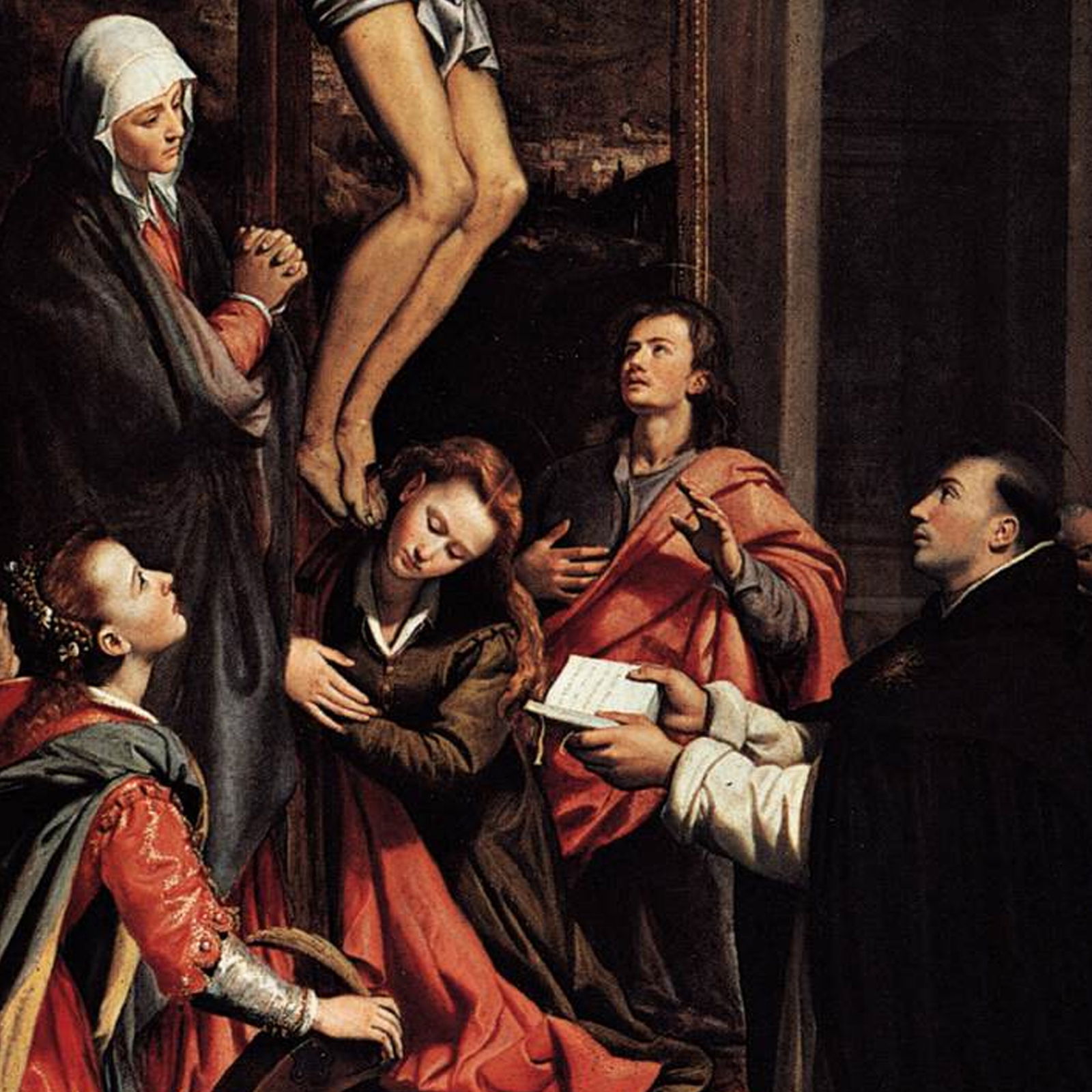
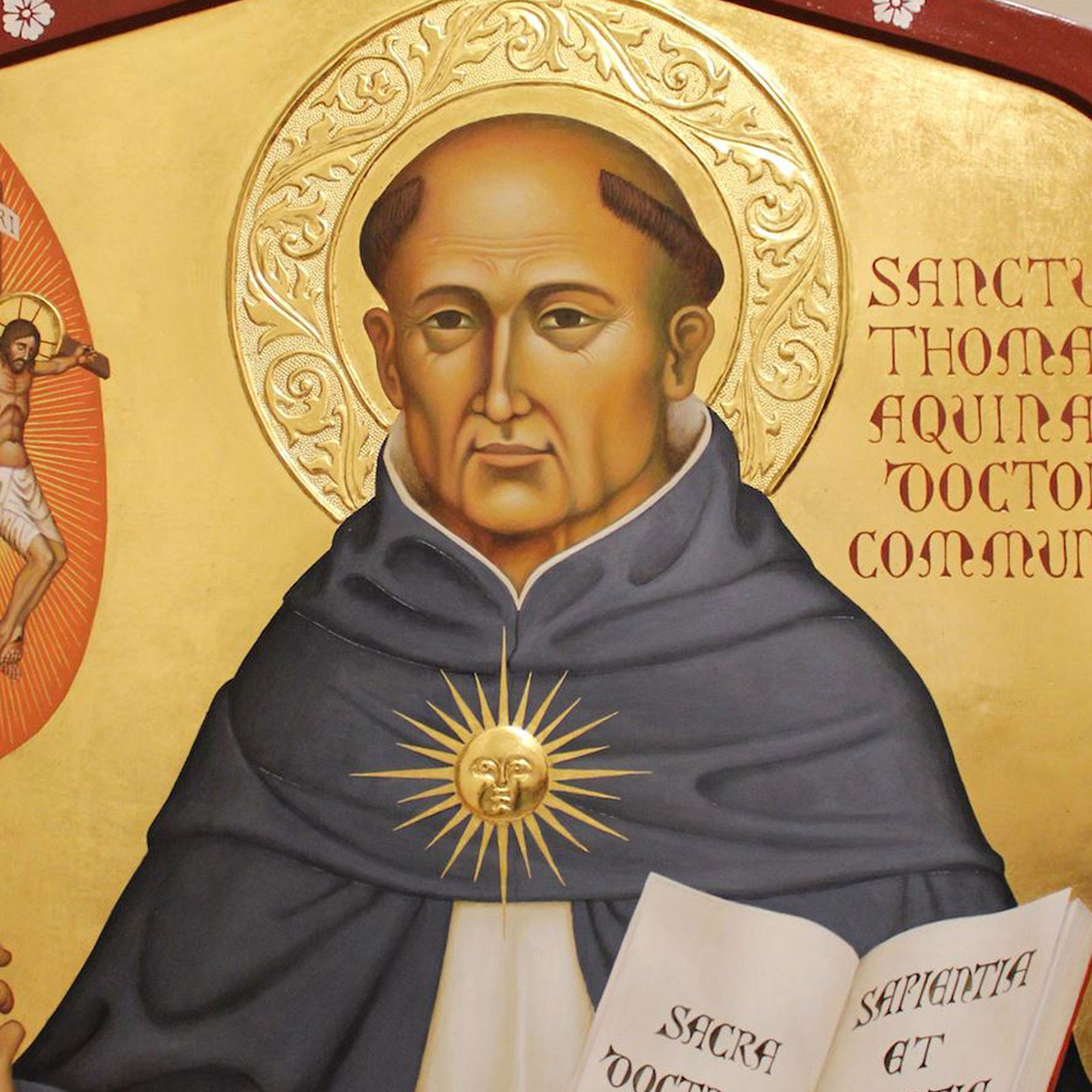
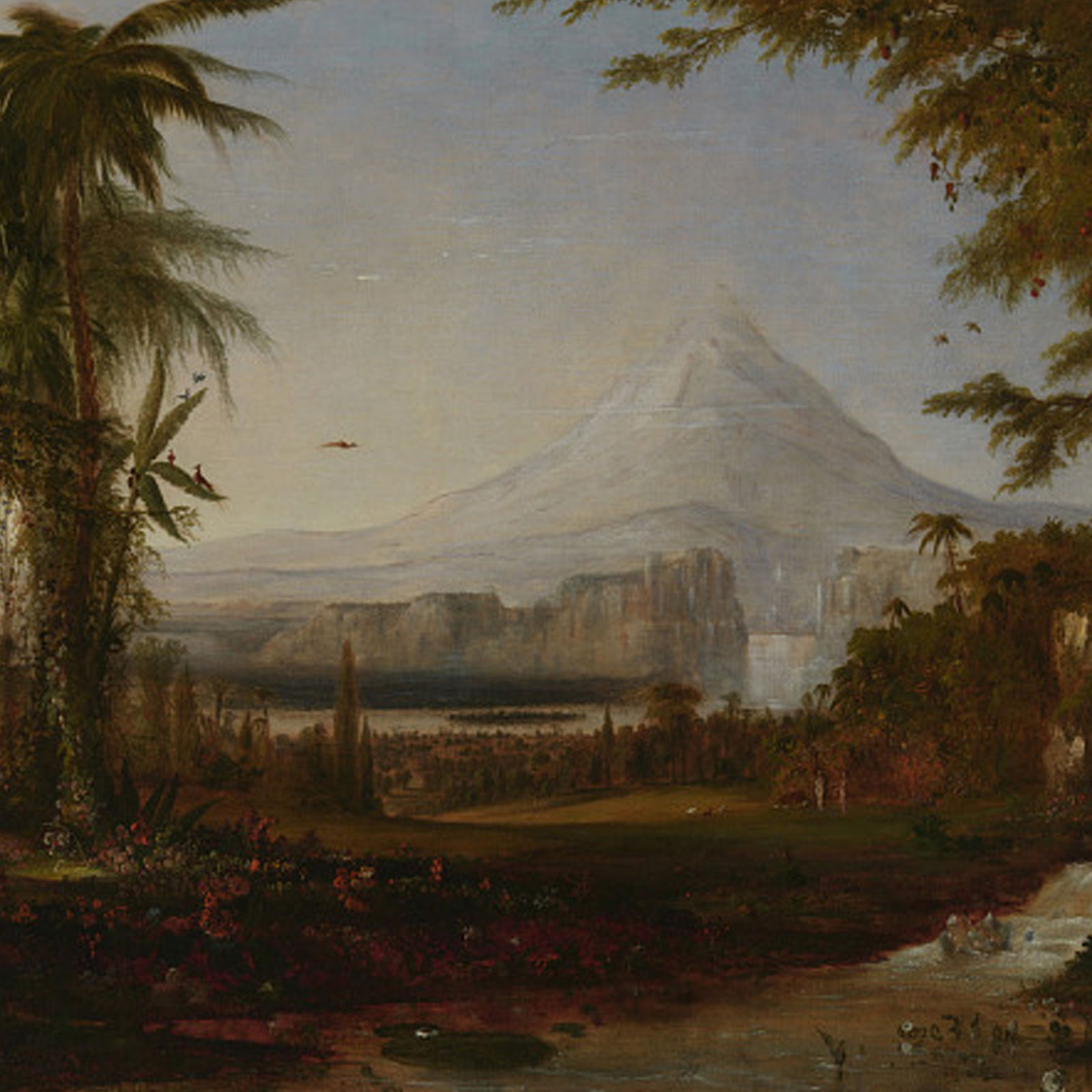
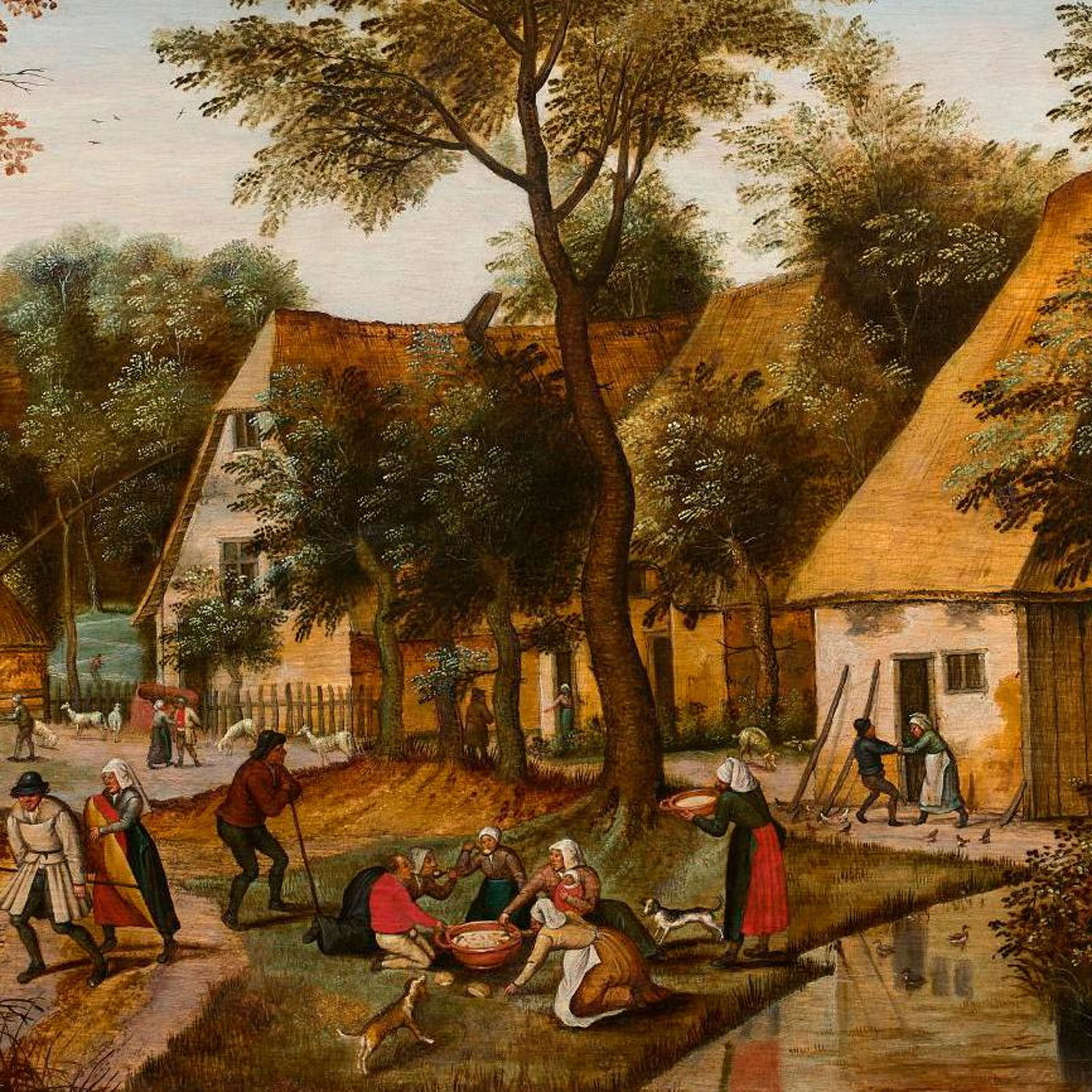
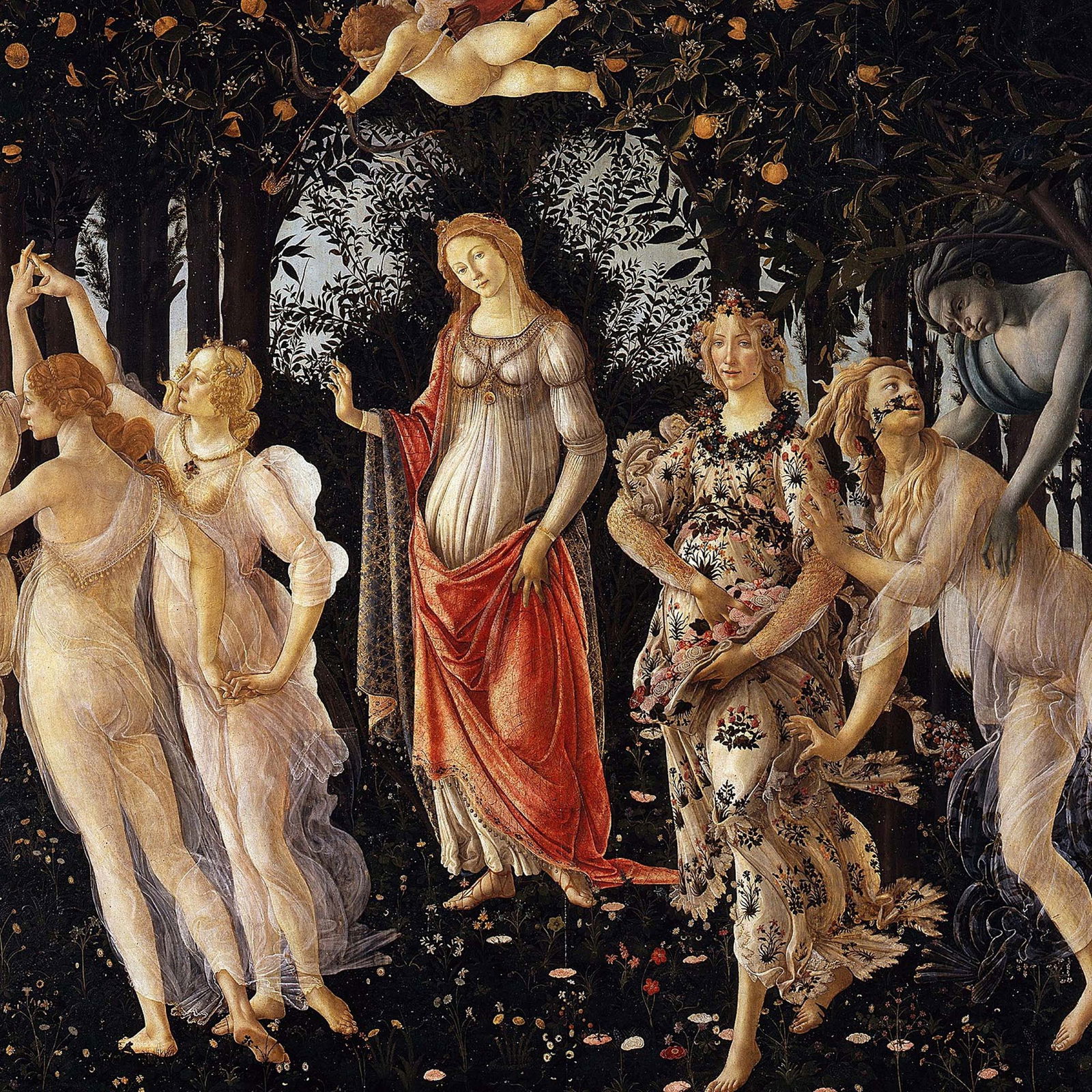
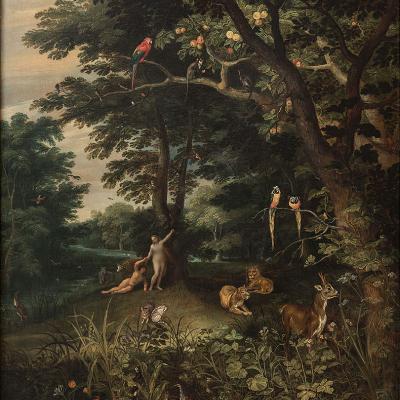
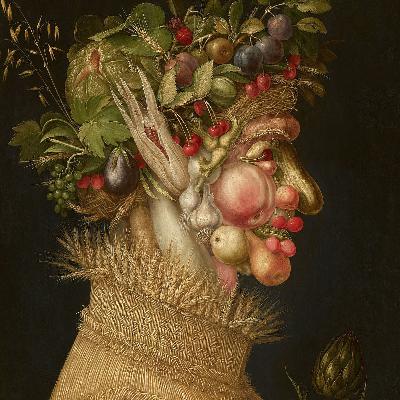
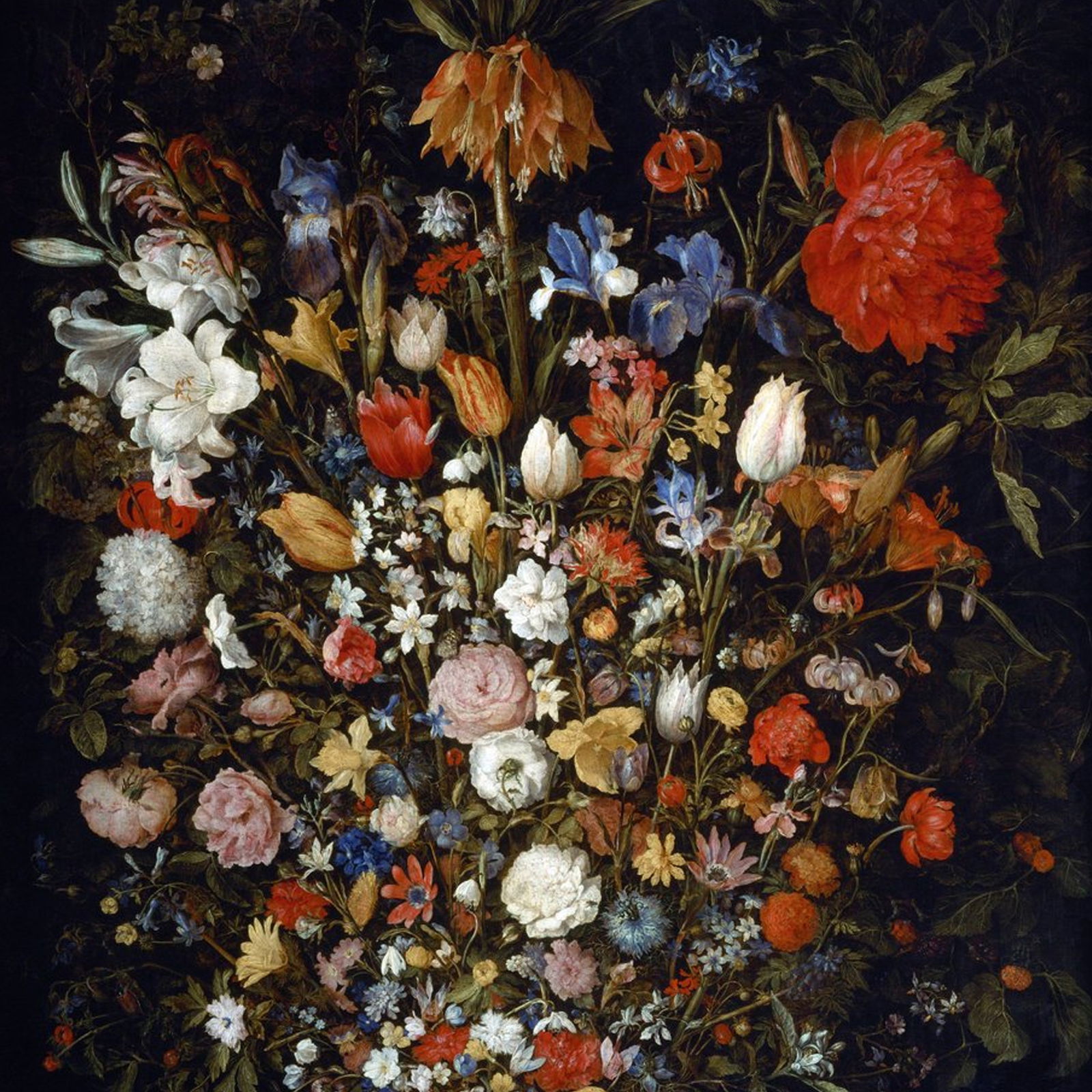
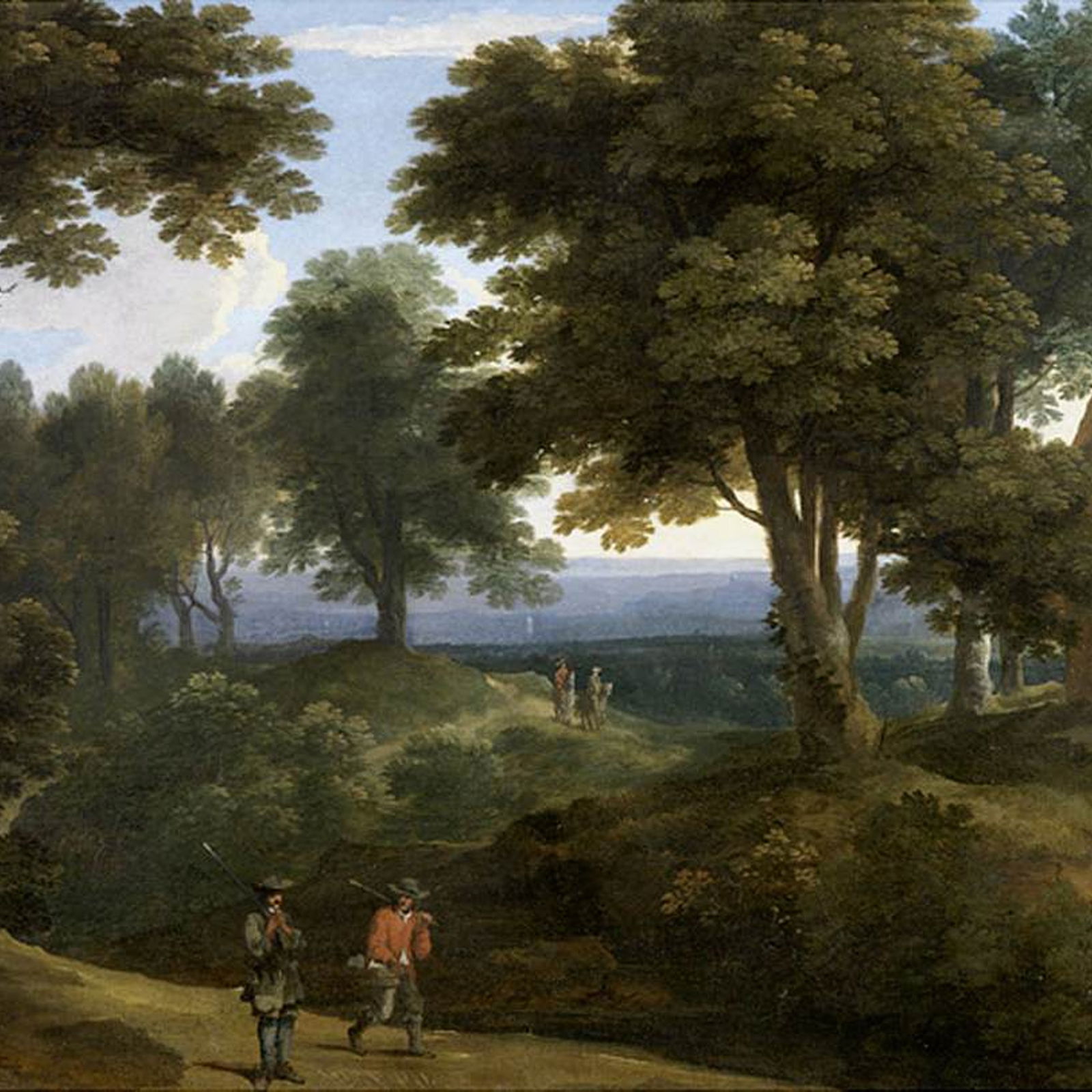

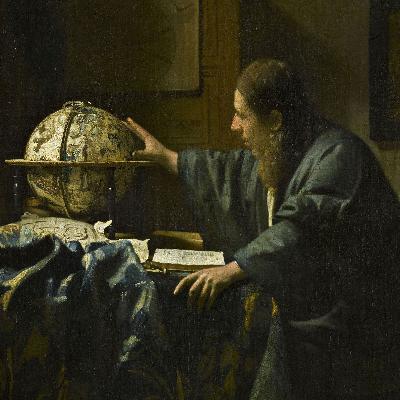
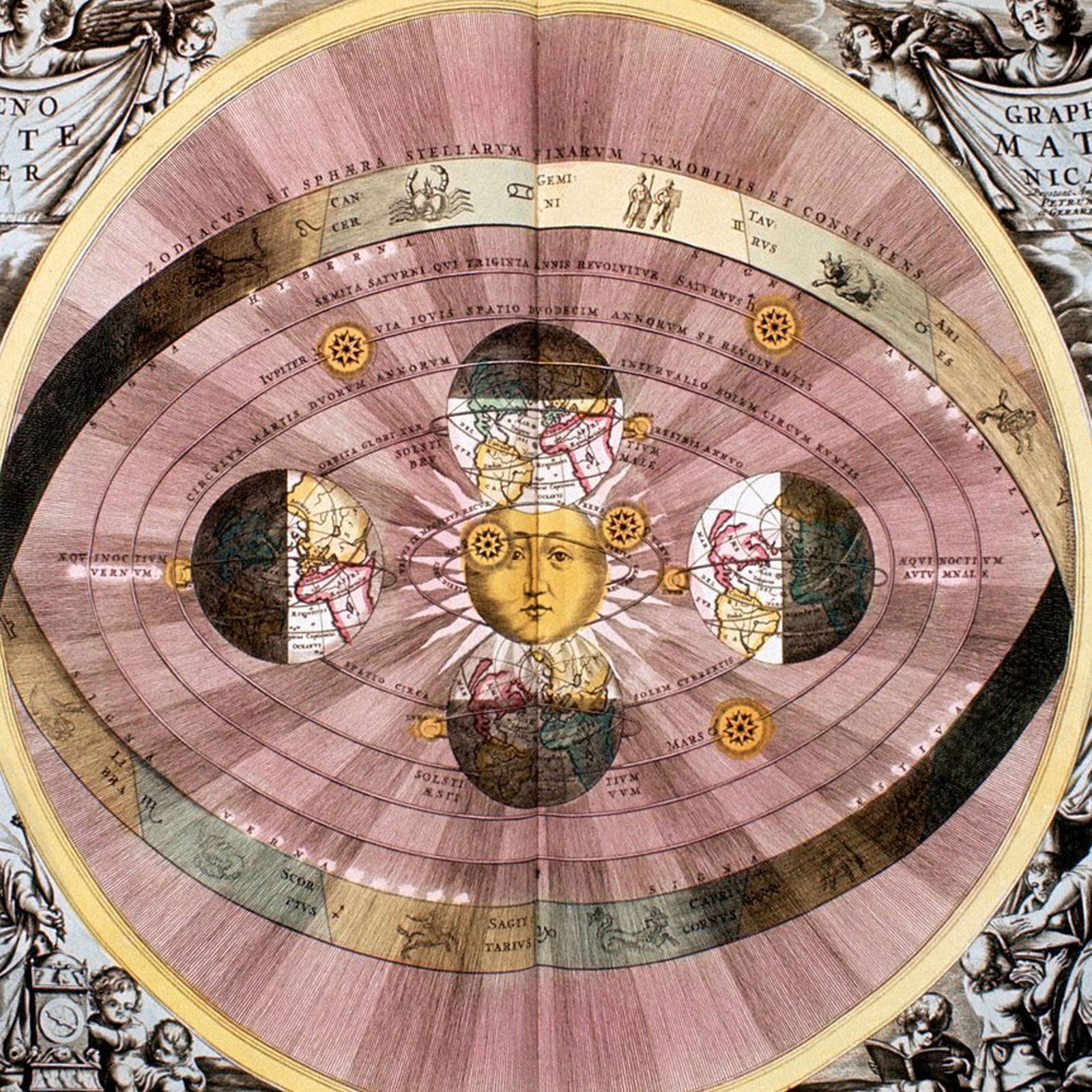
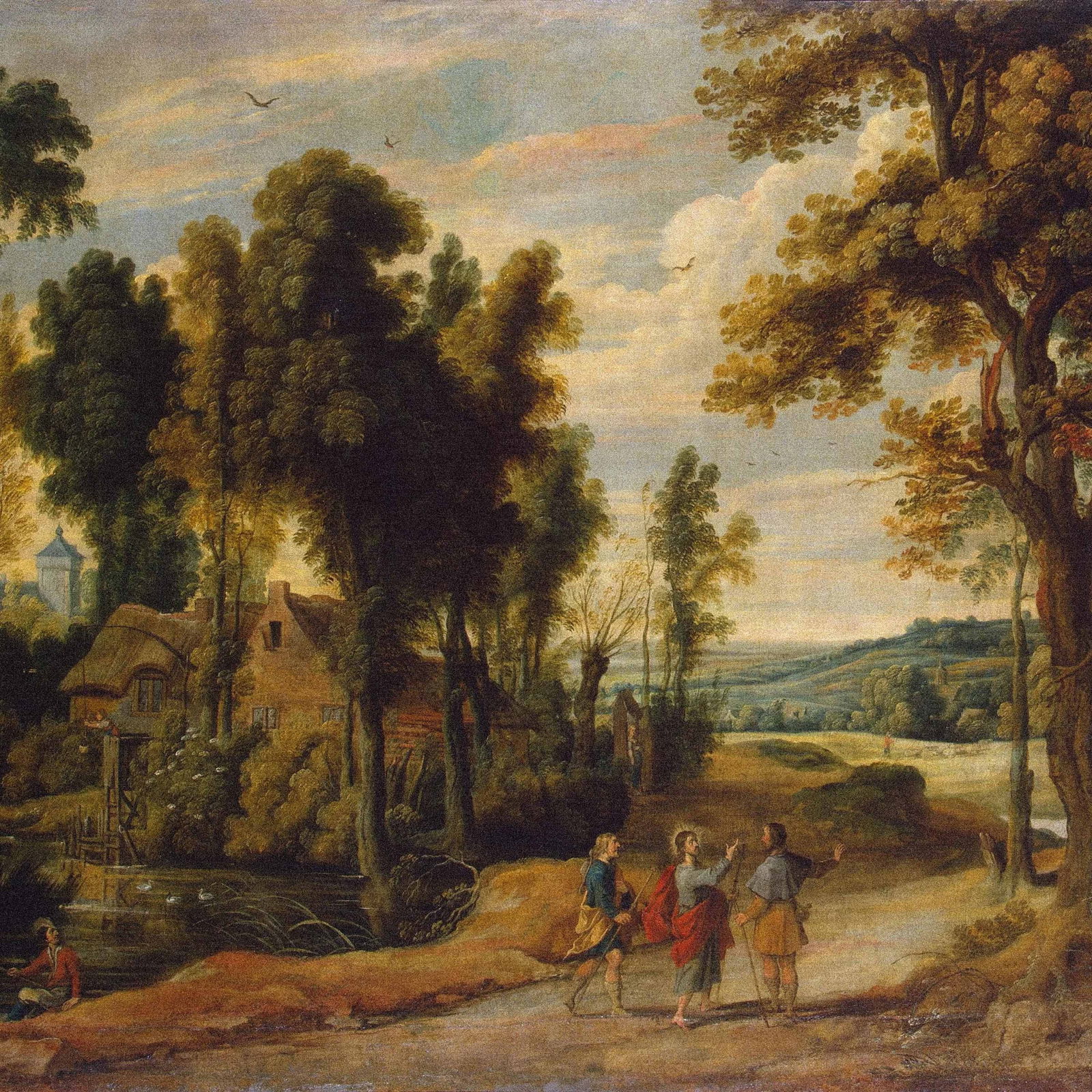
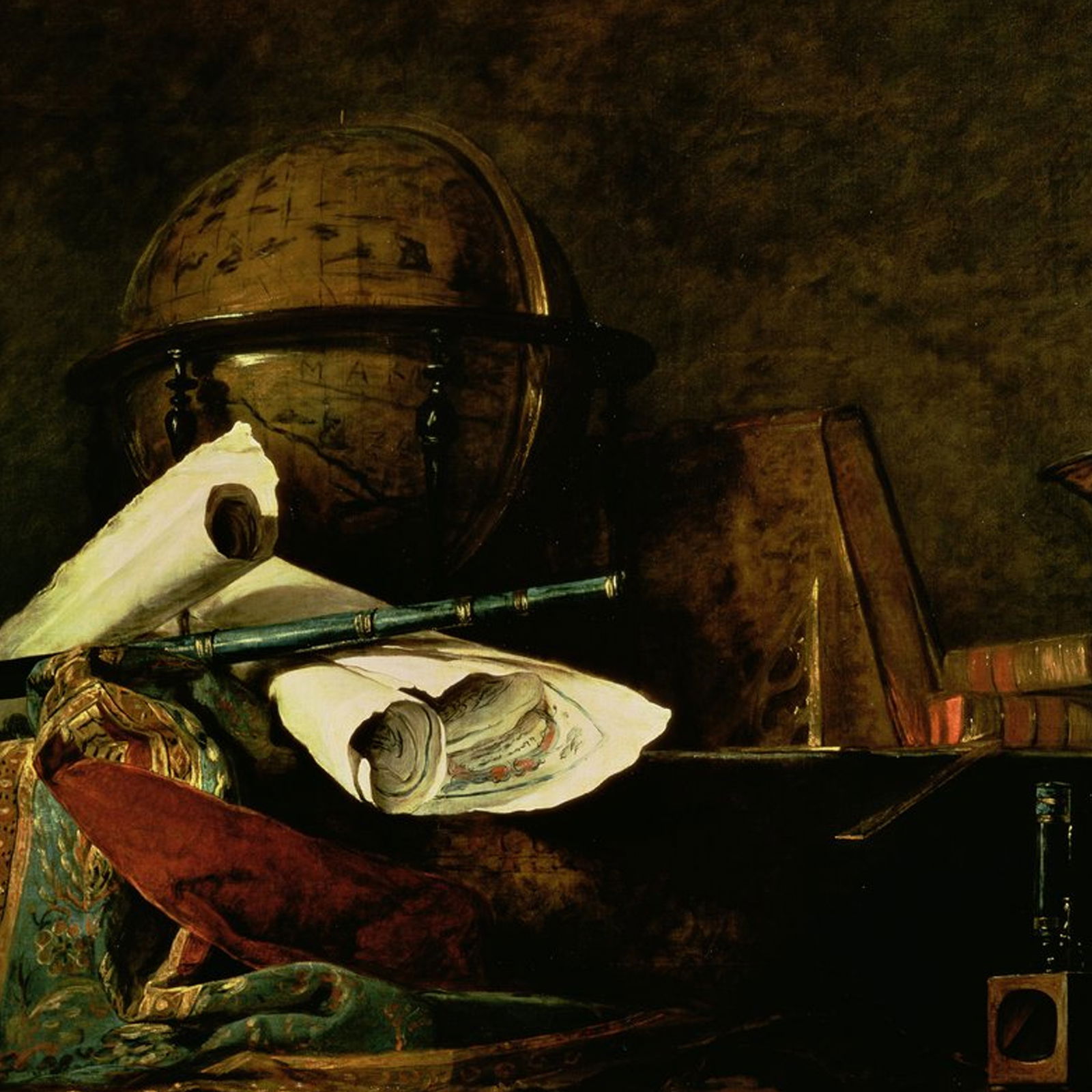
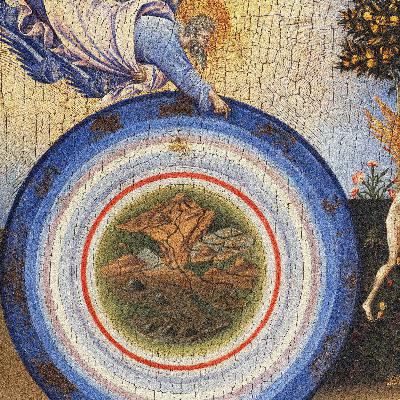
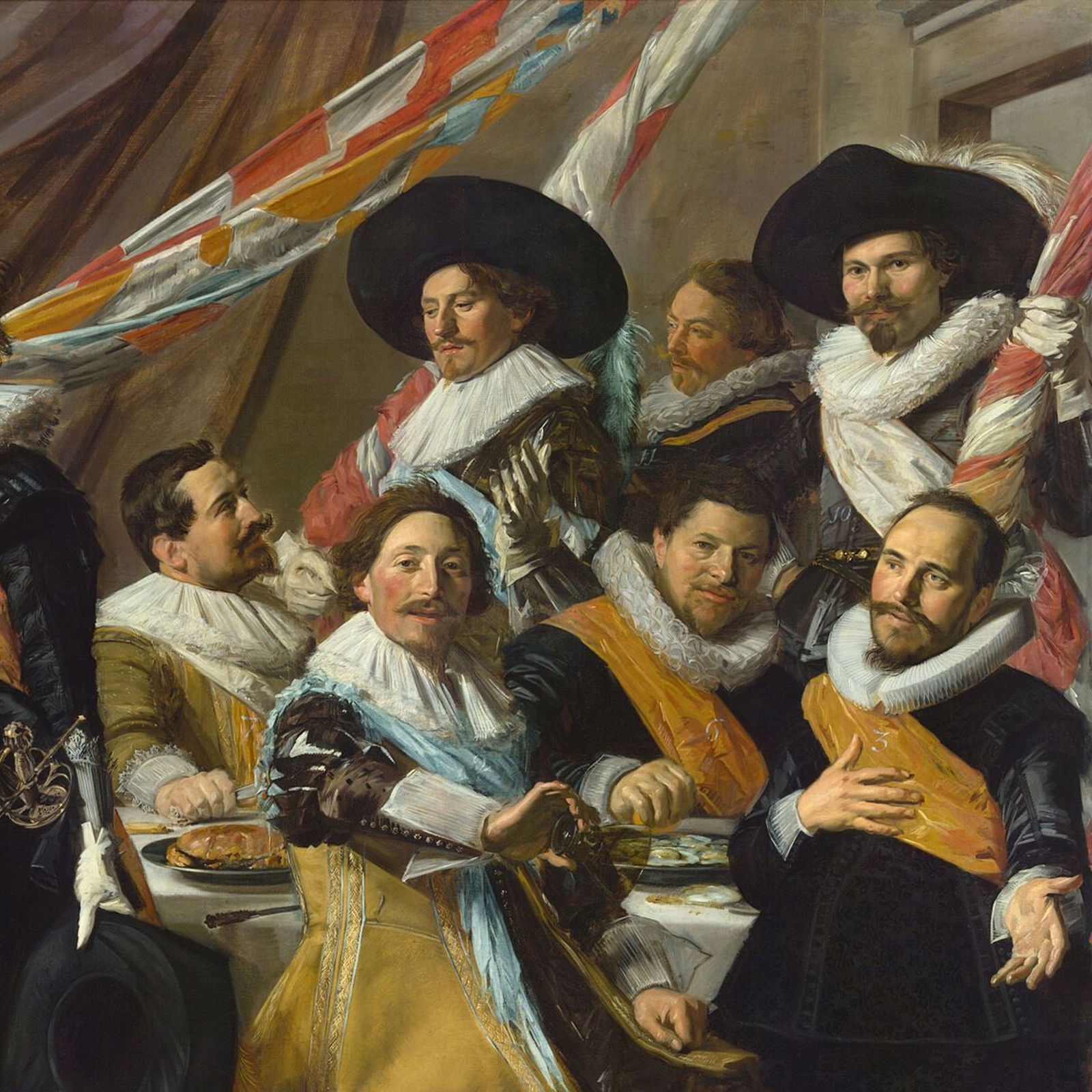
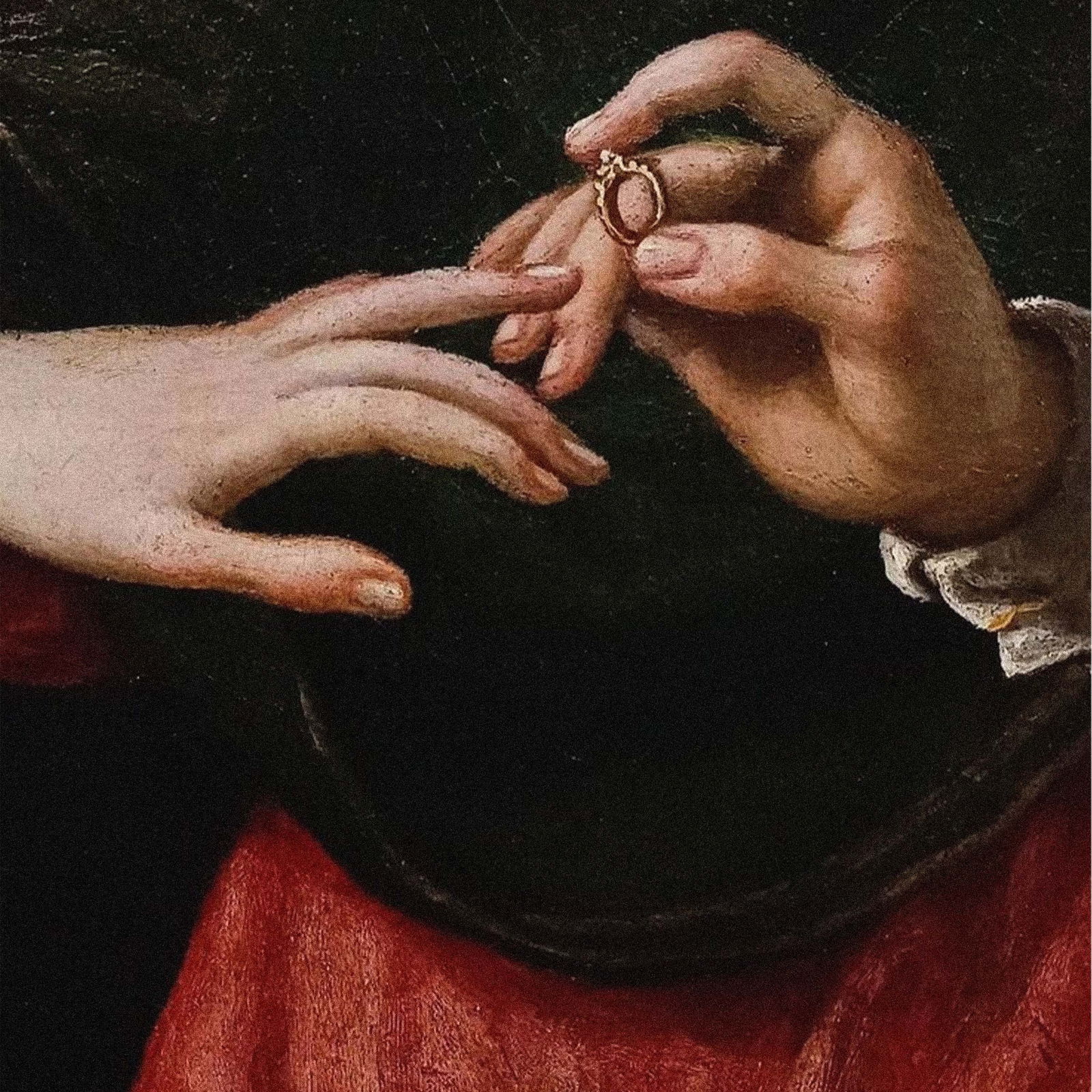
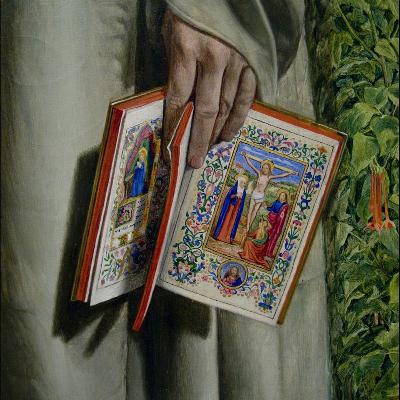
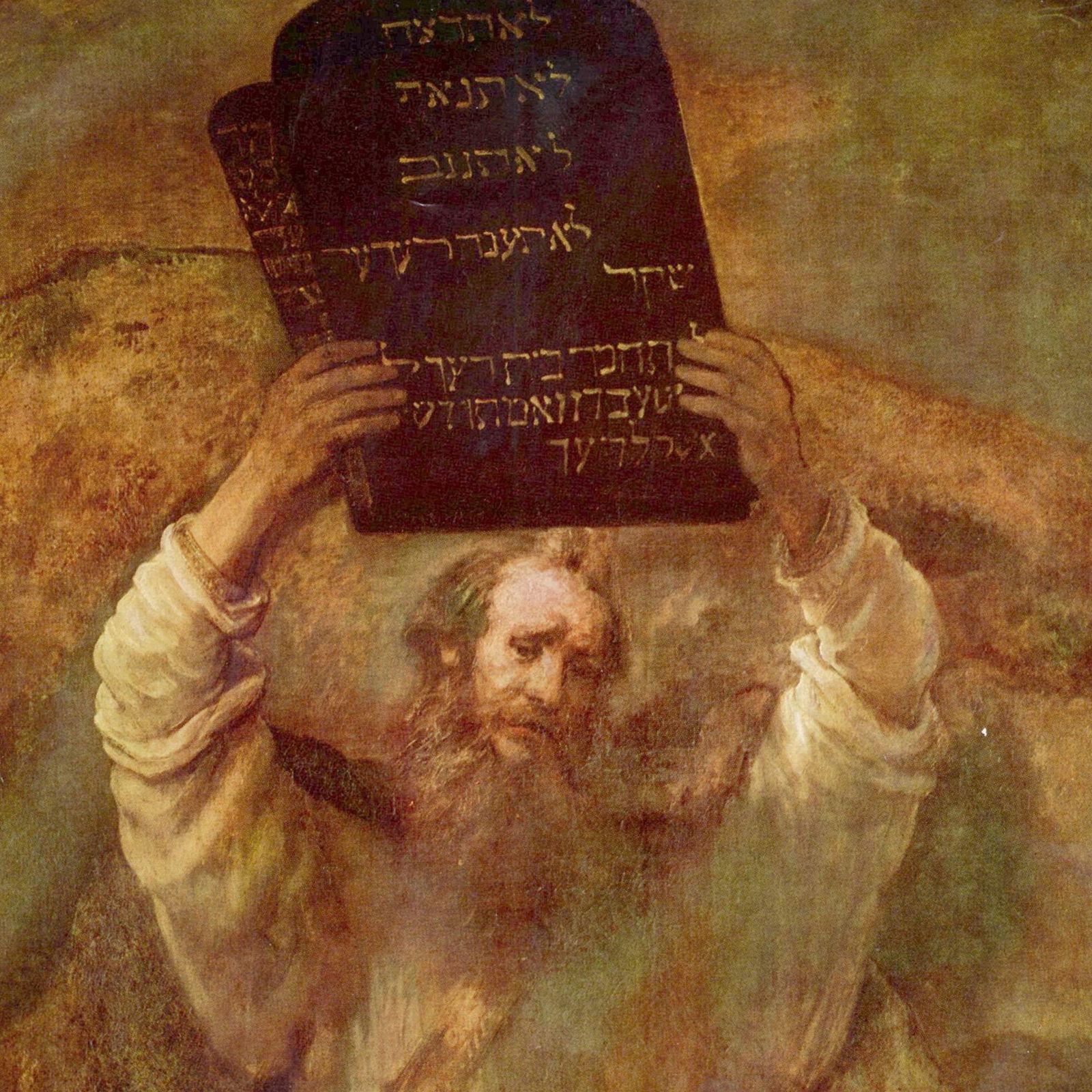
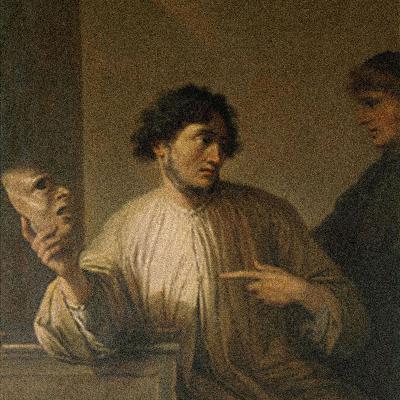



If a "good" acts against the good of a particular person it is not a common good because it is not common to every one. The common good must be truly good for every one. The only real Common Good is God for God alone is the cause of every existence and is the source and end of all that is truly good.
Is it good to be healthy through medicines derived from murdered children ie from aborted children? The answer is no. The pursuite of health can become evil if exalted above every thing else.
That Japanese fellow sounds a lot like de Chardin, no wonder you people find him appealing.
From Peter Kalkavage's "The Logic of Desire": "It seems odd that Hegel would devote so many pages to this boneheaded theory. Phrenology, however, plays a crucial role in Hegel's Science of experience. 39 It is the perfectly logical culmination of the instinct of observing reason, the drive to find spirit in a thing. As Hegel notes, "Observation has here reached the point where it openly declares what our concept of it was, namely, that the certainty of reason seeks its own self as an objective reality " [343]. In phrenology, in other words, observing reason becomes self-conscious. It sets out to find itself as pure mind in a blunt thing. Furthermore, the manifest absurdity of phrenology makes us aware of the not-so-evident absurdity in other, apparently scientific efforts (like those of physiognomy) to read the nature and workings of the human spirit in the human body (for example, in an individual's body-type or DNA). ... The phrenologist realizes that something as sublime as spir
where could I find or get access to his presentation or the hand outside mentioned?
This is spot on!!
Wow! Just great, thanks a lot. I had felt uneasy with neuroscience experiments but this helps clear the doubts. God bless